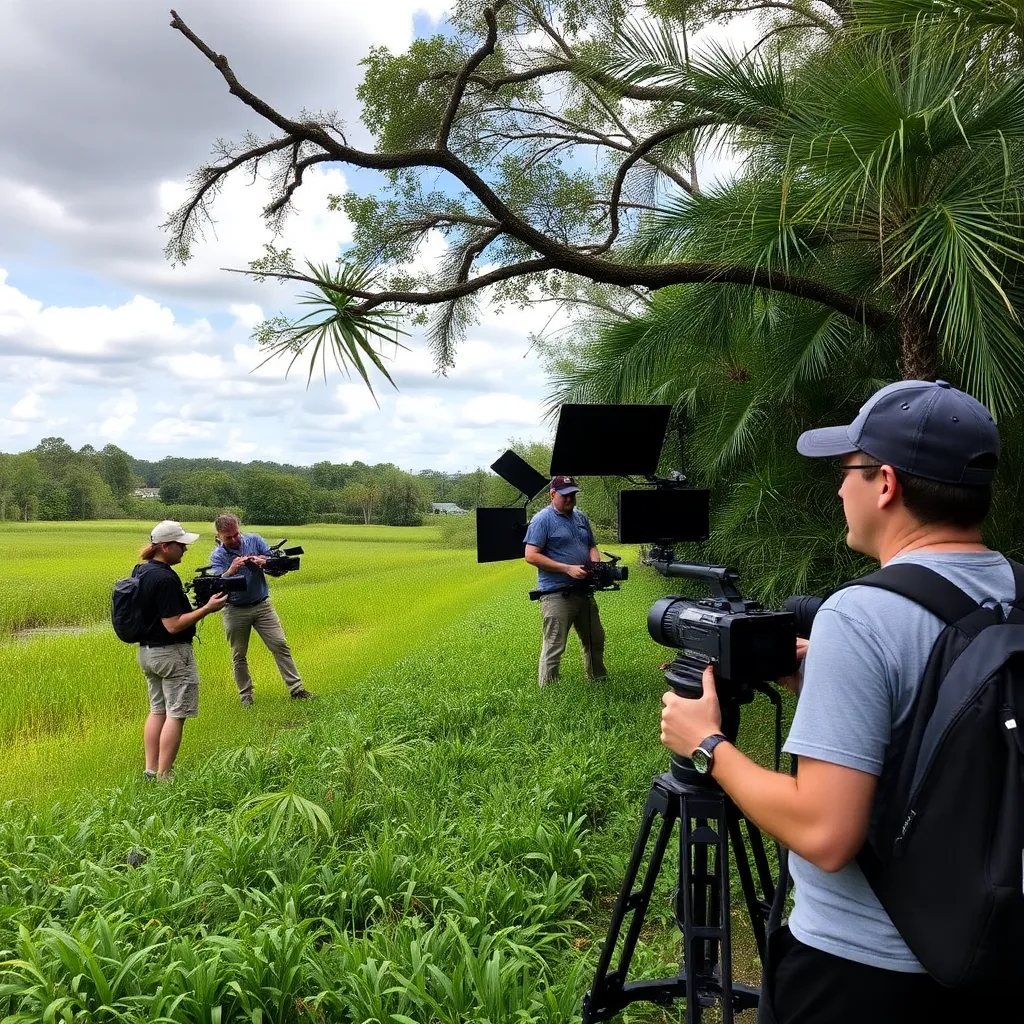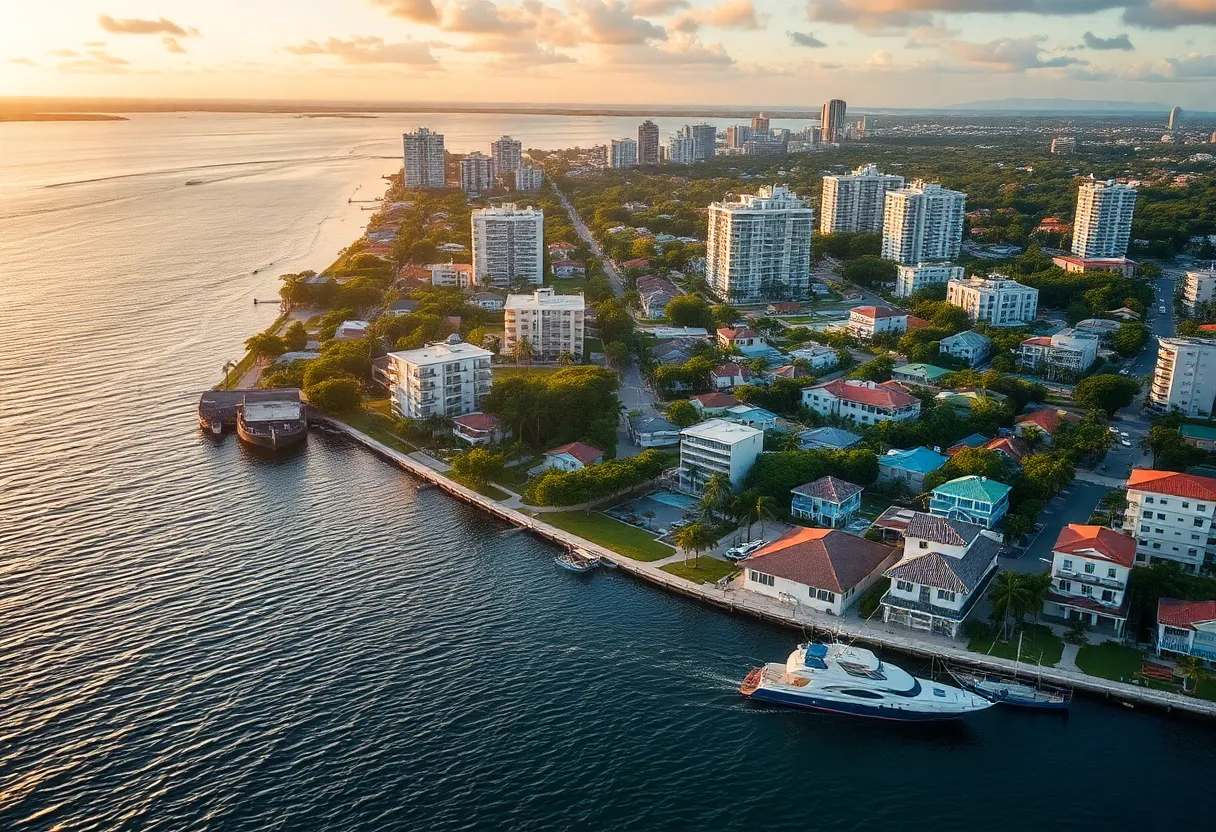Orlando Faces Challenges in Reviving Local Film Industry
Orlando has long been known as a vibrant tourist destination with beautiful landscapes and iconic attractions. However, it is currently struggling to regain its footing as an appealing location for film production. Decades ago, the region was a hotspot for film projects, bolstered by major players like Universal Orlando and Disney. But according to local industry professionals, the landscape has changed dramatically, leaving many aspiring actors and crew members with few opportunities.
The Current State
Despite having reputable film education programs at institutions such as Valencia College, Full Sail University, and the University of Central Florida, the job market for working actors and film crews has dried up considerably. Chris Greene, an experienced actor and acting coach based in Orlando, expressed his concerns: “I don’t prepare students to work locally, honestly.” After more than 20 years in the industry, Greene finds himself traveling to states like Georgia, Louisiana, and California for most of his work. He has appeared in acclaimed productions including Atlanta and The Vampire Diaries.
Competitive Landscape
The decline in local film production can largely be attributed to intense competition from other states, particularly Georgia, which offers film productions substantial incentives. “Georgia offers a 30 percent tax credit on production costs, making it more appealing for filmmakers,” reported Jimmy Roberts from the International Alliance of Theatrical Stage Employees Local 477. As a result, many productions choose to film scenic shots in Florida but head elsewhere for the bulk of their work to states where financial incentives are more generous.
The Economic Impact
Greene argues that film productions provide a direct boost to local economies. “From restaurants to local hardware stores, everyone benefits when a film crew comes to town. It’s not just about the filming; it involves logistics like gas, equipment rentals, and accommodations.” In 2015, the first season of Bloodline, filmed in the Florida Keys, created over 1,700 jobs and generated about $9.4 million in local tax revenue. However, since the statewide film incentive program was allowed to sunset in 2016, the local industry has faced a steep decline.
Attempts at Revival
With the local film industry struggling, there are moves to implement new incentives to attract production back to Orlando. A proposed initiative in Orange County aims to offer rebates on a percentage of production costs. This initiative is spearheaded by a work group that includes industry professionals and educators, all aiming to create a program that supports local talent and boosts economic spending within the community.
One idea being discussed includes requiring a certain percentage of the film crew to be residents of Orange County. This not only supports local jobs but also ensures that the benefits of production work extend beyond just the Hollywood elites. The work group is making progress, and the Orange County Commission is expected to vote on a finalized proposal in early 2025.
The Future of Filmmaking in Orlando
As filmmakers continue to seek opportunities elsewhere, the key to revitalizing Orlando’s film industry may lie in thoughtful planning and collaboration. Local leaders envision an initiative that would not only focus on attracting productions but also take into account the existing public infrastructure and support services that are crucial for successful projects.
Ultimately, for actors like Chris Greene, the hope is to create a sustainable environment where local talent can thrive, rather than seeking opportunities out of state. “We need to resurrect the film industry in Orange County,” states Greene. As the community waits for concrete developments, it becomes increasingly clear that Orlando’s creative spirit is resilient, even in the face of fierce competition.







